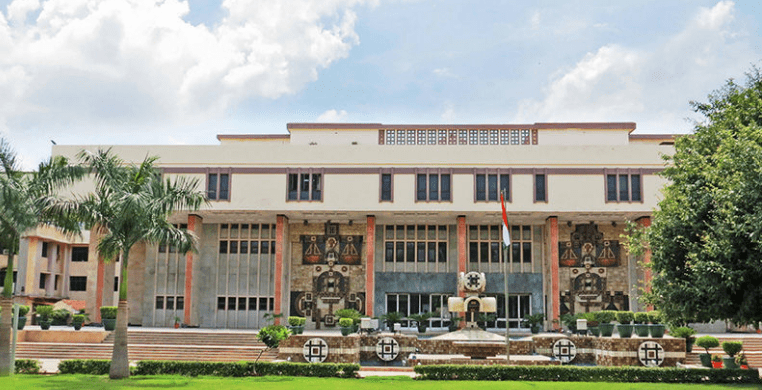
While supporting same-sex marriages and their right to adoption, the application addresses the following issues:
1.Concerns about the psychological consequences of raising children in same-sex homes . So here question is arised that
“Multiple studies on same-sex parenting have shown that same-sex couples can be good or bad parents, just as heterosexual parents can be good or bad parents.”
According to the statutory authority. When we compare heterosexual parents to same-sex parents so there is no such benefit or loss in terms of being good or bad parents,
They give several instances of other countries that have legalised same-sex marriages and make claims that more than 50 countries currently allow same-sex couples to lawfully adopt children.
2. The use of gendered language in legislation will not limit the rights of same-sex couples.
According to the application, the impact of legalising same-sex weddings in gendered language used in statutes poses no substantial problem.
It also emphasises that, due to our society which is patriarchal in nature that’s why Indian Legislature has implemented numerous safeguards in the law to combat certain social vices that are detrimental to women.
Such as Dowry Prohibition Act 1961 , Hindu Marriage Act, 1956 ,Domestic Violence Act, 2005,
It also contends that for situations like as domestic violence, maintenance, and custody, a gender neutral approach may be required here
In homosexual marriages is the social reality of a dominating and vulnerable sex may or may not exist. Though there may be issues of domestic violence and the need for maintenance, custody and so on for any spouses the rules may necessitate a gender-neutral approach. However, this should not be cause for concern because it is a source of relief that the power-equation between the spouses is less likely to be titled to either side the petition stated.
3.The significance of same-sex marriage recognition
The application emphasises the importance of same-sex marriage on children’s capacity to grow up in a non-discriminatory environment in general. It contends that in a socio-legal environment in which homosexuals do not have the same basic legal rights as heterosexuals, adolescents who develop homosexual orientations may develop negative psychological complexes, low self-esteem, and other mental health issues.
The application also includes jurisprudence from other constitutional courts, as well as possible guidelines that the Court may consider publishing.
The following are the DCPCR-recommended guidelines.
Directions to the federal and state governments to take steps to raise public understanding that same-sex family units are just as normal as heterosexual family units, and that children from the former are not incomplet in any sense .
Directions are primarily given to school boards and educational institutions that this normalisation be performed proactively particularly in classroom contexts where difficulties involving same-sex family units are raised.
Instructions to the National and State Councils for Education Research and Training (N/SCERT) to monitor and delete homophobic elements in school textbooks
Instructions to the appropriate authorities to establish specialised helplines for children who face stigma or bullying as a result of belonging to a same-sex family unit .
Instructions to appropriate authorities to set aside resources and build infrastructure for counselling and psychological help to youngsters who are bullied or victimised because they belong to same-sex family units.
On April 18, the Supreme Court’s Constitution bench will hear the aforementioned petitions.,
Shivangi (BBA.LLB 2sem )





0 Comments